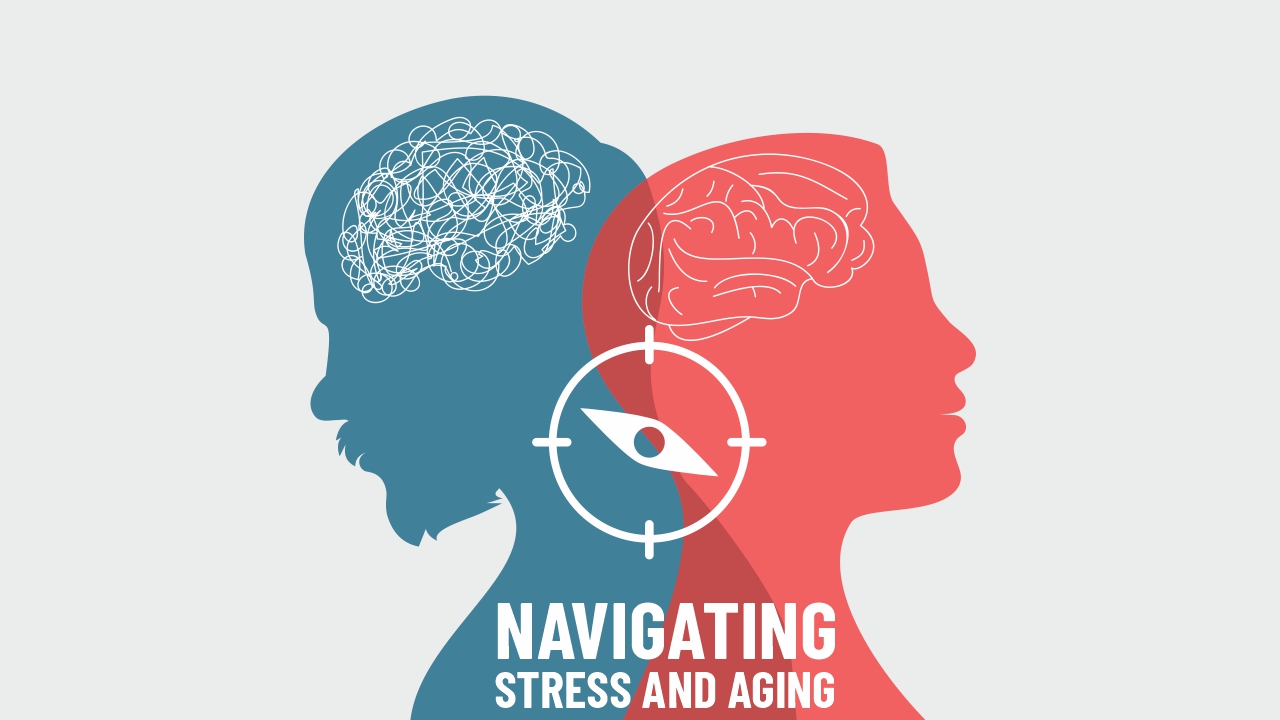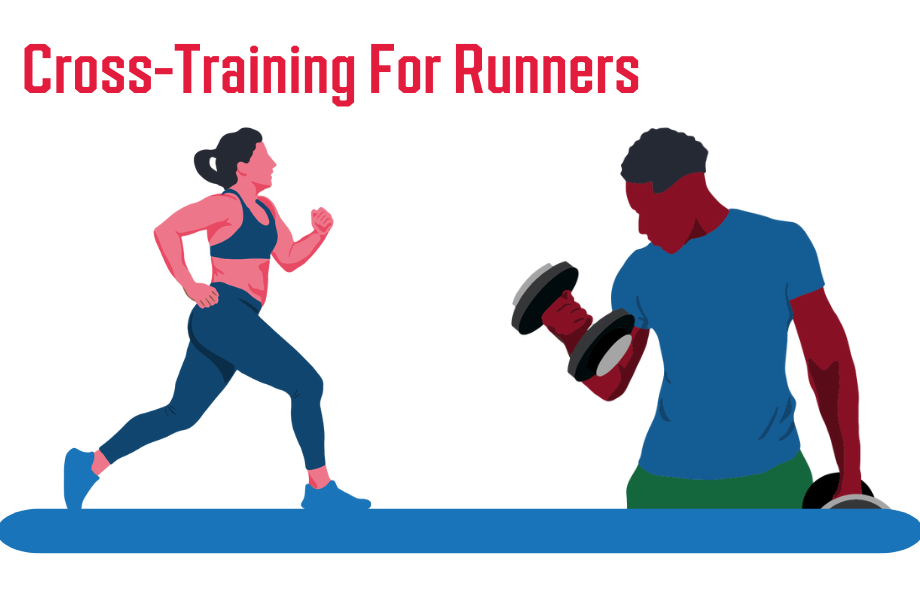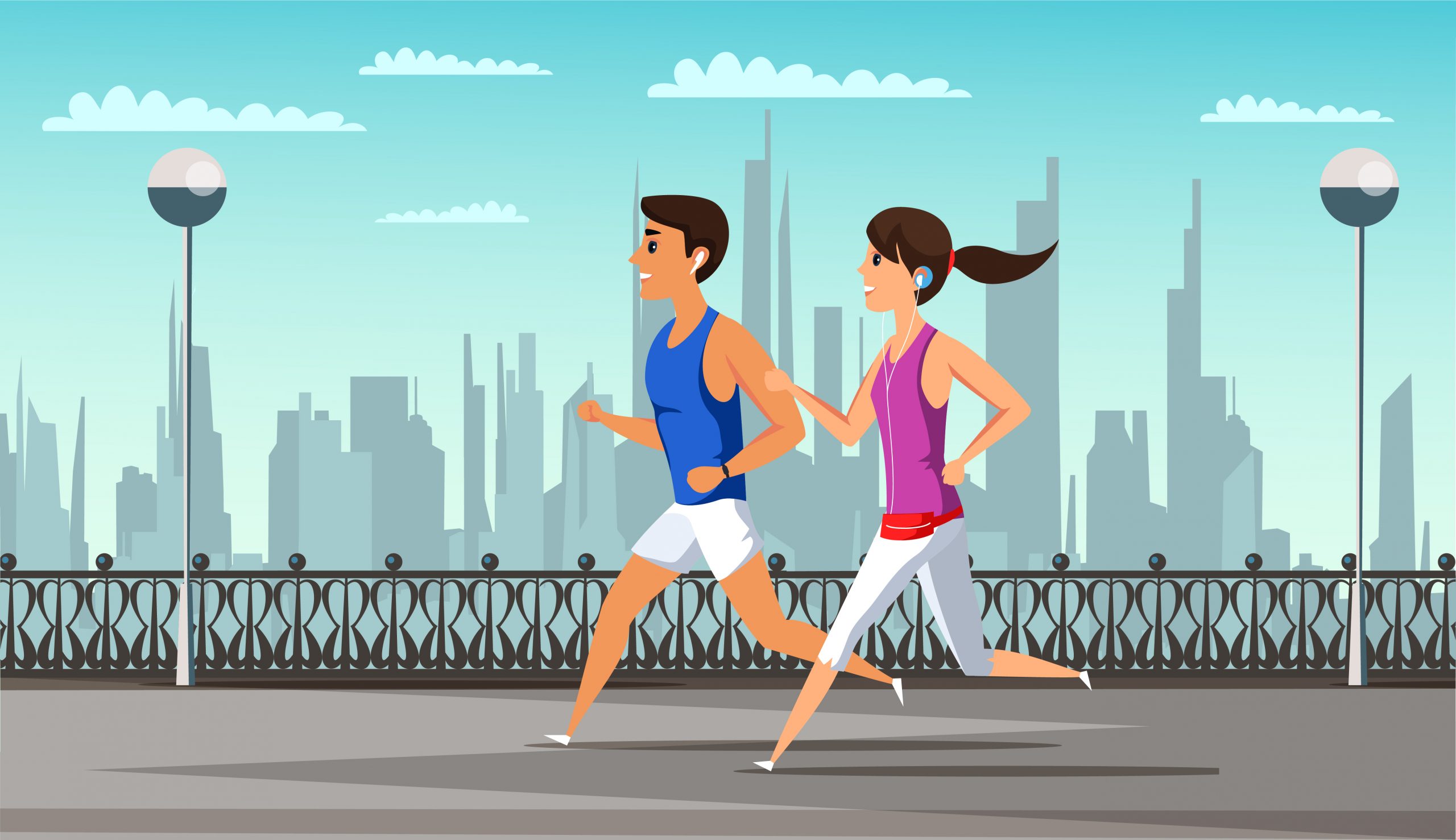
What happens when you are stressed?

We often find ourselves in situations that we call stressful. And there is growing concern behind staying chronically stressed which can have dramatic consequences to mental health, extending to depression, general fitness, leading to heart problems. So what exactly happens in stressful situations? What really goes on in our body when we are stressed?
Science tells us that stress is simply a response to unpleasant events and thoughts. And this response involves cortisol hormone gushing into the bloodstream. What the cortisol then does is it signals the body to start pulling fats and carbohydrates from different parts of your body to your bloodstream, to give you the energy you need whether to flee or fight the unpleasant situation. The response is intended to help you. But it comes with a cost.
Be it deadlines or an unpleasant confrontation with someone, these events induce stress where the body creates various responses like your pupils dilate to give you a full vision of your environment, and your heart beats like a maniac to push blood to every corner of your body so that your muscles have the energy and oxygen to act and run to safety. All these responses, in turn, cause uncalled for stress to your heart, arteries, eyes, muscles, and metabolism.
We typically experience stress under three circumstances:
- Physiological stress
- Psychological stress
- Propensity to remain chronically stressed
Our daily activities cause stress as well. This stress is very minor, but it accumulates over the period of time. It is this accumulation of stress that contributes to aging. You will see that as one starts to grow old, many diseases and illnesses start to surface. To challenge stress is to challenge aging.
Physiological stress
You will find that when you go for a long walk or run or do any workout, you experience some soreness in your body the next day. That is the outcome of stress. Even as you move from hot conditions to cold conditions, your body tries to maintain your core body temperature. Next time when you sweat or shiver, know that they are responses to stress…sweating lowers your body temperature and shivering raises it. Even fasting, getting sick, and fighting infection causes a stressful response.
A mere act of running or walking can induce stress to your muscles, bones, heart, lungs, etc. But it is through inducing this stress that we grow fitter, because walking and running can bring many health benefits. Stress causes inflammation which further stresses the immune system and it is through excess stress that we are exposed to illnesses and subsequently to aging.
Psychological stress
Psychological stress is perhaps the most notorious of all. Because it largely remains in imagination. Even as we remain confined to our chairs and desks, we spend a significant amount of time imagining challenges. This doesn’t mean the stress is not real.
If you are creative enough to perceive an event as threatening, your mind will create a stressful response. Imagine you are working on an assignment, being at an extreme edge of the deadline. You cannot stop but think about the terrible consequences that could follow if you miss the deadline; your mind is twisting itself by simulating outcomes that threaten your wellbeing.
With increased cortisol in your blood, you crave for sugary food, and since cortisol makes people more reactive, you succumb to ‘stress-eating’, adding unnecessary calories into your system. The heart suffers in this response. Your racing heart stresses your arteries, causing inflammation. Your imagination becomes your enemy. We can see how this hurts our fitness goals and overall health.
Remaining chronically stressed
The tendency to remain stressed time and again and for longer duration can raise the adverse effects of stress to new heights. This tendency can make an individual chronically stressed. This can also be a genetic phenomena.
Many biological and psychological problems can stem from stress, ranging from diabetes, heart conditions, to anxiety, depression. For instance, chronic stress leads to chronic elevation of blood pressure to make sure there is adequate blood flow to the brain, which might eventually lead to rapid buildup of cholesterol, and fats around walls of arteries, and risk of stroke.
Many studies suggest that exercising regularly and eating well everyday contribute to slow-aging, which also indicates reduced stress. There are phenomenons where a runner can run long enough and experience a runner’s high, a state of euphoria, which is opposite of anxiety and stress; and a long walk can result in improved mood. Diet and exercise can be thought of as tools that not only make us look and feel good, but also provide cushioning to stress. Testing for Vitamin D and Omega 3 and getting an adequate amount of these nutrients is a great place to start. Most of these stresses can be difficult to avoid, and one way to focus on recovery is through getting regular exercise and proper nutrition.













